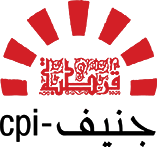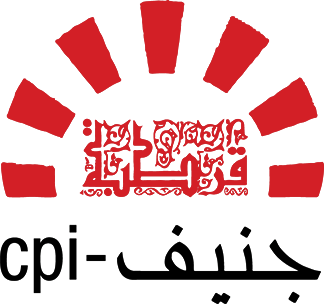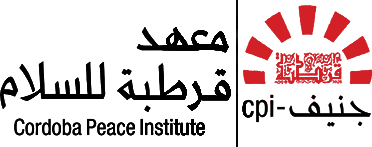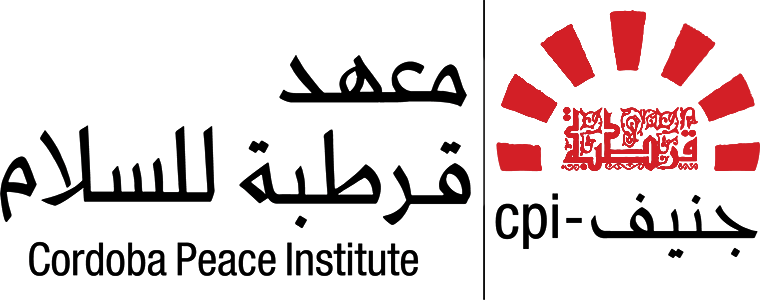Recommendations of the RSM
After the initial embarrassment and fears had died down, policymakers and citizens were left with the task of understanding why this proposal, regarded as ludicrous, had been met with so much popular support and how we could have underestimated the importance of an appropriate opposition to it. Also, it remained to be shown that the initiative “was not the expression of a hostile sentiment towards Islam and Muslims in Switzerland”. In parallel with some political initiatives, a group of Swiss Muslims formed in order to study the motivations for the vote and identify some specific ways of responding to it. This “Group of Swiss Muslims” (GSM), an informal citizen venue for the exchange of information, reflection and suggestion, analyzed the reality and phenomenon of underrepresentation of the community in Swiss society. Today, it is publishing a catalogue of proposals addressed at the government (federal, cantonal and municipal), Muslim communities and other religious groups, political parties, opinion makers and citizens.
The debates about Islam in Switzerland are often couched in terms of the question of immigrant integration, even though a large part of the Muslim population is Swiss national and we can only list rare, specific problems of coexistence with Muslims in Switzerland. In fact, the analysis of the vote confirmed that the deeper problem raised by the “anti-minaret” initiative is related to the negative image of Islam and Muslims in Swiss society.
Arising from questions of national and international policy independent of the Muslims in Switzerland, this skewed perception is also evidenced by the weak representation of Muslims in Swiss public life. A desire for discretion, the refusal to impose religion in the public domain, under mobilized capacities, and a degree of discrimination conspire to keep Muslims from fully participating in society.
The catalogue of recommendations proposed by the GSM provides an overview of what is currently taking place in Switzerland, in order to promote inclusion and cohesion. It suggests some complementary courses of action that would grant Swiss Muslims full social, political and associative participation, and underscore their contributions to society. These measures aim to strengthen two areas: communication and citizenship. The first, because better information and open channels of communication would allow to make the distinction between prejudice and mutual reluctance, and reality; the second, so that a shared commitment to society can overcome the fears and misunderstandings expressed by the vote. In this document, we can see that the majority of the recommendations are addressed to Muslims in Switzerland, reflecting the GSM’s desire to engage its own communities and distance itself from a “wait and see” attitude regarding society. The fact remains that every effort is necessary to live well in the context of cultural pluralism and to replace rejection with respect. It is to this that the catalogue of recommendations hopes to contribute.





